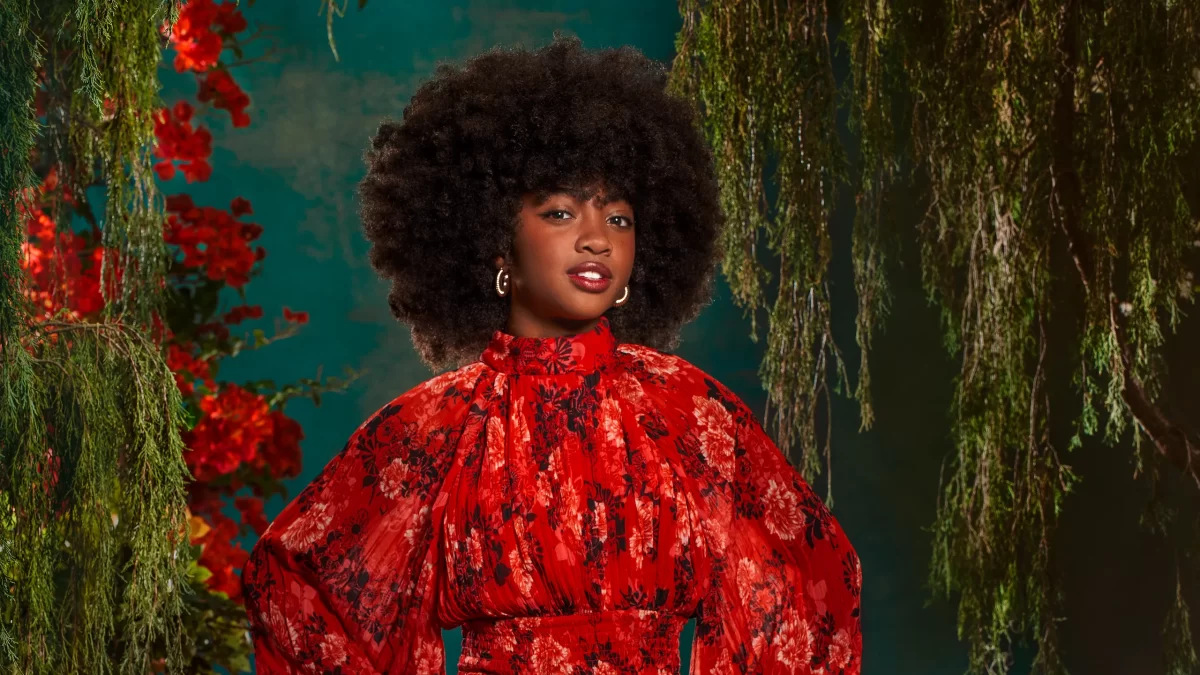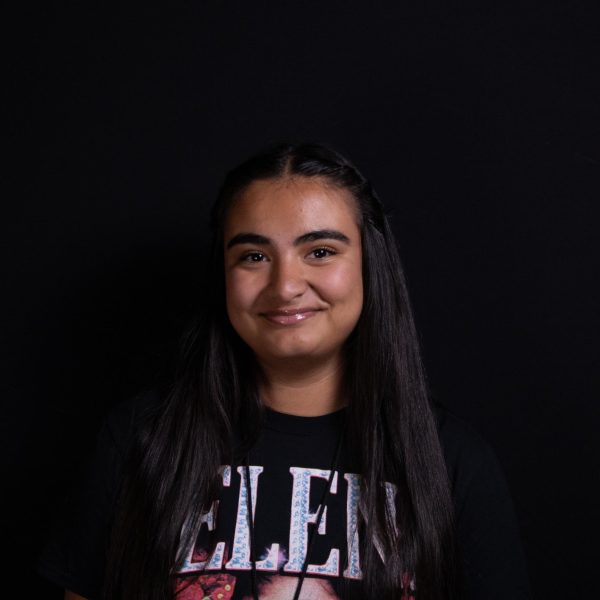As children grow up, it’s important to have representation that looks like them in movies and TV shows, especially for young black girls. Seeing someone on screen who looks like them with the same complexion, ethnic features, and hair type, is crucial not only for their development of growing up but for their self-esteem and confidence as well.
In the media, black women are commonly portrayed as angry, loud, and sassy, frequently being placed in stereotypical roles that can badly influence how young girls view themselves. An example of these stereotypes is Ivy from “Good Luck Charlie,” a Disney Channel show that aired in 2010. Ivy can be seen as a representation of the stereotypical token black friend to the white main character. Junior Taylor Crockett dislikes the consistent stereotype characterization that makes all black girls in the media being portrayed the same.
“I really don’t like the whole ghetto loud black friend stereotype. It’s quite annoying to me, I think it’s very cheap and it always makes black girls the butt of the joke. It makes it seem that every black girl is loud and ghetto, when not every black girl is the same or acts the same,” Crockett said.
For young black girls, seeing characters who share the same looks, features, and background, can have a crucial impact on their self-confidence. Positive representation can show young black girls that they are capable of being intelligent, beautiful, and successful and that they don’t have to fit the stereotypes in the media. Having positive characteristics in characters that young black girls can look up to can lead to building positive relationships with themselves. Senior Kyndall George encourages young black girls to seek positive representation.
“If girls see negative representations they might think that the negative way is the correct way and girls having positive representations can help them see the light where they realize they don’t have to fit the stereotype. I would tell young girls to embrace it because you are going to grow to love your features and who you are,” George said.
Crockett had negative experiences with the representation growing up.
“When I was younger, it kind of hit me that when I looked around and I saw even the people around me looked more like the characters on the screen than me. It kind of hit my self-confidence because people started to make comments on it and it made me feel ugly and less than for not looking like the actors on TV,” Crockett said.
Without any representation on screen that little girls can look up to, their self-confidence may drop and they begin to wonder why there aren’t any characters in movies and shows that look like them. One of the most popular Disney princess movies according to Rotten Tomatoes is “Princess and the Frog,” a Disney animated movie that follows the storyline of a young black woman pursuing her dreams. This animated movie is popular in many black households, being that Princess Tiana was the first African American princess shown on screen.
In current media, there has been a spike of traditionally white characters in books and movies being portrayed by black actresses in different adaptations. The casting choices have challenged society norms by reimagining characters beyond their original written racial characteristics. By reimagining the characters it also gives the opportunity for black actresses to showcase their talent as well as sending a message about diversity in media. Junior Hailey Hutton is glad there is more representation in the media little kids can look up to.
“It’s been a long time since any person of color, especially black women have been given a chance to go out into the world of media. I think it’s important to have representation because the little kids who are the same [skin] color, they see the actress on the screen and think that they can be just like them and get where they are. I think it’s good because it gives little kids more opportunities for the future,” Hutton said.
The casting of black actresses such as Halle Bailey and Leah Jeffries in roles that were traditionally white characters shows a shift of positive representation, breaking stereotypes of traditional casting. Senior Alexandra Imoisli believes that producers should make more movies specifically with black characters.
“I don’t mind that they change the casting for Ariel, but the thing is that instead of making new movies for black women they just change the cast. I feel like we should have our own original stories with black characters. I did love the representation in the Percy Jackson show with Annabeth, because Rick Rordian, the author of the book specifically said that Leah [Jeffries] was Annabeth,” Imoisli said.
Having positive representation can inspire young black girls to pursue their dreams and explore different career paths. When they see characters and actresses who are succeeding in their careers, it can expand their idea of who they can become in the future and encourage them to pursue their dreams. Not only increasing self-confidence but also pushing them to break down barriers and achieve their goals. Hutton believes that if a person wants to see change in representation, they should take action and be the change.
“I feel like if you don’t see enough representation, then be the representation. If you want to see change, then do the things you love and be the change you want to see. Then maybe you can end up being the representation for other girls,” Hutton said.
English teacher Shameeka Smith strives to bring representation to her english class through books and her personal experiences.
“I think it’s important to have representation, even more so when you have someone or a group who feels that their voice isn’t heard. I try to bring in things that I think the students can connect to,” Smith said “I try to read a little bit more diverse text. I also try and sometimes share my experiences, my voice as a black woman, maybe they can identify with that as well,”


